We make it a priority to have strong relationships with our local representatives and to be aware of relevant legislation, so we have opportunities to respond to it quickly and strategically.
How We Stay Informed
We make ourselves available to legislators at state, federal, county and city levels on pending bills and regulations that we become aware of in a variety of ways. These include personal approaches from representatives, our own information systems, the Internet, the AZA (Association of Zoos and Aquariums), the ZAA (Zoological Association of America), the EWA (Exotic Wildlife Association) and others, all of which keep their members informed of legislative or regulatory matters.
How We Respond
If we become aware of something that will impact our business - wildlife, conservation, outdoor education or ecotourism – we contact the relevant representative(s) with our view on the matter based on factual information from our on-the-ground operations and experiences.
If we are approached by a representative about an issue, we respond accordingly. We are always willing to meet with representatives or their staff, plus we can give expert testimony before a legislative committee.
We make an effort to build a positive, constructive relationship with our elected representatives at city, county, state and federal levels.
Kelley Snodgrass
Executive Director, Fossil Rim
Case Study
Defending land owner rights and hunting as one of many income-producing wildlife population management tools
Until 2007, exotic wildlife ranchers were allowed to freely hunt, sell and buy the wildlife they raised at their cost. In 2007, an animal rights group successfully sued the federal Fish & Wildlife Service (USFWS), claiming that it was illegal to hunt three critically endangered antelope species without a permit under the Endangered Species Act. The subsequent introduction of the permitting process made many of the relatively few hunting ranches give up on these species: scimitar-horned oryx, addax and addra gazelle. Their populations on those ranches fell dramatically, placing their survival in even greater jeopardy.
CBS's 60 Minutes program came to Texas to do a feature segment, which included an interview at Fossil Rim with our Executive Director. The feature proved to be an influential factor in the eventual reversal of the permitting requirement by USFWS in 2011, and initiated a slow recovery of the species on those ranches. Now, their populations on ranches, mainly in Texas, are the world's largest reservoirs of these three species. Addax and addra gazelle are on the brink of extinction in their native range, while scimitar-horned oryx that were extinct in their native range for 30+ years were reintroduced in 2016. We supplied 18 of the latter for reintroduction and maintain large herds of the other two species that will likely be utilized for reintroduction in the future.



